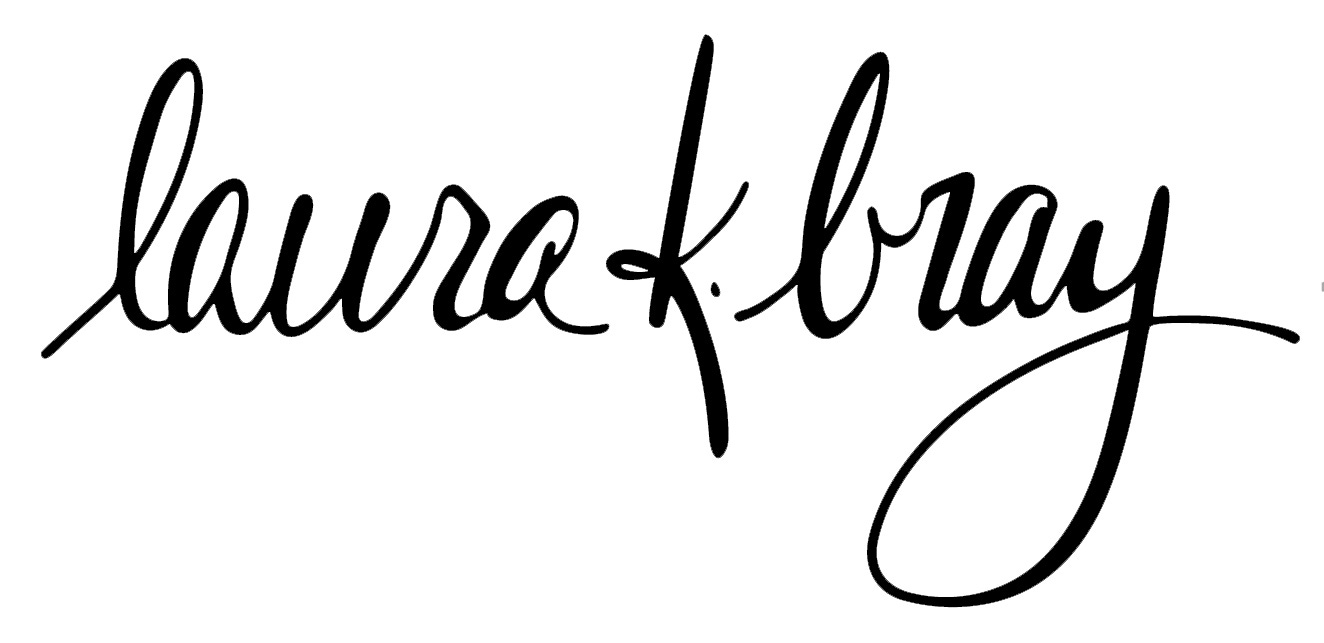How to Develop a Writing Practice
Want to write a book but can't seem to find the time? Here's how I trick myself into writing regularly.
Readers are (sometimes) Writers
Introducing a new benefit for my paid subscribers who love books so much, they want to write one.
It’s inevitable if you are a reader that, at some point, you think about writing a book. I say that because it was true for me and I’ve been getting a lot of questions from my reader friends wanting to do the same.
I’ve been hesitant to write about my writing practice and lifestyle because I want to stay focused on the purpose of this newsletter-to help you find great books to read and inspire you to make reading a hobby, but some of you are reading the fictional short stories I share here and want to know more about the process, so I’m adding it to the list of things I’ll write about every once in awhile.
How to Develop a Writing Practice
I am guilty of being a writer who doesn’t write. Well, I was. I used every excuse in the book, but what it all boiled down to was that I wasn’t writing regularly, If I don’t write regularly, I don’t have anything to publish here on The Cozy Library, I don’t make progress on my goal to write a novel, and I don’t have any stories to submit to publications and contests which means I won’t win or get published.
Then there is the guilt. The constant storytelling about how, if I really wanted to be a writer, it would be no problem to write every day. Which, I’ve learned over the years, is just plain not true. Sure famous writers talk about their writing practices but most of them also say that it is pure force of will that they write everyday. Those authors, just like me, are dragging their sorry selves across the floor like a slug towards their laptops. Of course, ‘force of will’ is a lot easier to muster when you make millions off everything you write. (I’m looking at you Stephen King.)
The Monday after I dropped my daughter off at college, I sat at my desk, sure that something magical had changed and I would write from 9am-5pm everyday. Instead I screwed around relentlessly and didn’t write at all that day. So let’s be clear, it wasn’t about having time to write. I was just avoiding it.
But I’m getting better at having a writing practice because I keep trying. I fail a lot but the biggest thing that has helped me is to go at this problem like a scientist. I learned about his technique in Gabriela Pereira’s book, DIY MFA.
Basically, you track what works for you and what doesn’t as you try different writing practice techniques. For example, let’s say you want to know the best time of day to write. Schedule a couple of sessions to write in the morning. How did it go? You can be very scientific about logging results and track word counts etc. or you can take some time to journal about it and pay attention to how you feel before you go into the session. Are you rolling over and moaning as you hit the snooze button 30 times or are you jumping out of bed, excited to get to your desk? How do you feel afterwards? Like a million bucks because you are done writing for the day? Be curious. Try different times.
Personally, I like late mornings and mid-afternoons. I get up, journal, workout, have breakfast and then am at my desk by 10am and write until 11:30am. Then I usually go back to it around 2pm and write until 4pm.
The afternoon session surprised me as I always considered myself a morning person but once I gave it a try and paid attention to how it felt, I realized I just have to push over a small amount of resistance and I’m back in the flow of writing. I know I can push through that resistance so it works for me. It might not for you and that’s okay. But you will never know if you don’t start investigating.
I suppose what I’m saying is that the first step to creating a writing practice isn’t to set a goal-I will write everyday from 9-5!-but to promise yourself that you will try to see what works for you first. That’s the only way you will build a sustainable practice.
To help you, I created the Write-o-Matic,* a page of ideas on how to switch-up your writing routine. Pretend you are at carnival, spin the metaphorical wheel, and try one of the ideas. Try it out for a week or two, then journal about how it feels. Keep the ones you like and discard the ones you don’t. After a few weeks, you’ll have a pretty good idea of what feels good and THEN you can set that writing goal because you know you can stick to it.
Be sure to let me know which of the ideas worked for you and which didn’t. I’d love to know!
Happy Writing!
*P.S. Only paid subscribers have access to the Write-o-Matic page,


